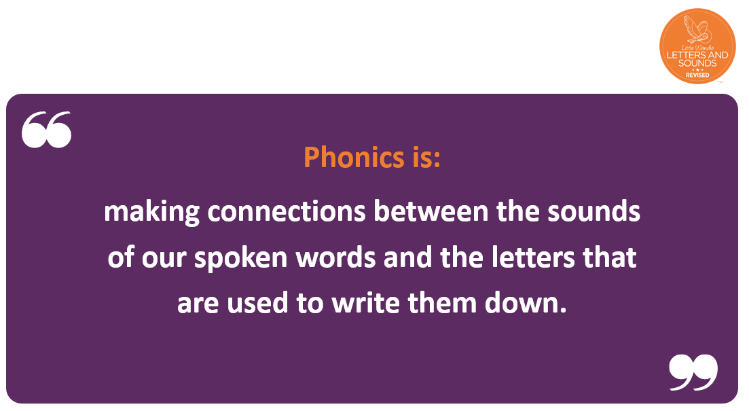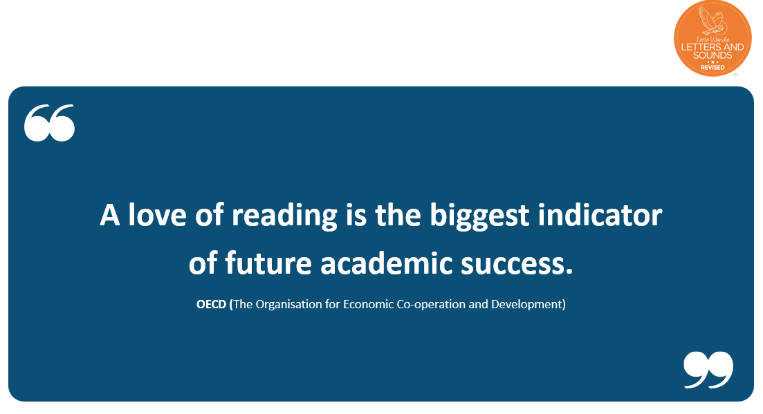At Waddington all saints, we believe that every child can be a fluent reader. We understand that phonics is a fundamental building block for early reading success.
Therefore, we use the Little Wandle Letters and Sounds Revised, which is a systematic and synthetic phonics programme.


Terminology: Here is a link to a glossary which explains what the words we use at school mean.
To learn more about how phonics is taught and how you can support your child at home, click on the links below.
‘Tricky words’ are words that cannot easily be decoded (‘sounded out’ and read). This is because some of the sounds in the words are spelled in an unusual way. It is important for children to be able to read these words as they are among the most common words in English.
Below are the links to the tricky words your child will learn in Foundation Stage and Year 1.
Phase 2 tricky words: Reception Autumn term
Phase 3 tricky words: Reception Spring term
Your child will have received a letter which explains reading at home in detail. They will receive two books every Friday.
In order to encourage your child to become a lifelong reader, it is important that they learn to read for pleasure. The sharing book is a book they have chosen for you to enjoy together.
Please remember that you shouldn’t expect your child to read this alone. Read it to or with them. Discuss the pictures, enjoy the story, predict what might happen next, use different voices for the characters, explore the facts in a non-fiction book. The main thing is that you have fun!
This book has been carefully matched to your child’s current reading level. If your child is reading it with little help, please don’t worry that it’s too easy – your child needs to develop fluency and confidence in reading.
Listen to them read the book. Remember to give them lots of praise – celebrate their success! If they can’t read a word, read it to them. After they have finished, talk about the book together.
Please follow the link to the ‘Little Wandle For Parents’ website to access the resources page which will help you support your child with saying their sounds and writing their letters. There are also some useful videos so you can see how they are taught at school and feel confident about supporting their reading at home.
https://www.littlewandlelettersandsounds.org.uk/resources/for-parents/
There will also be Little Wandle workshops for parents held at various points throughout the academic year so please look out for more information about these.